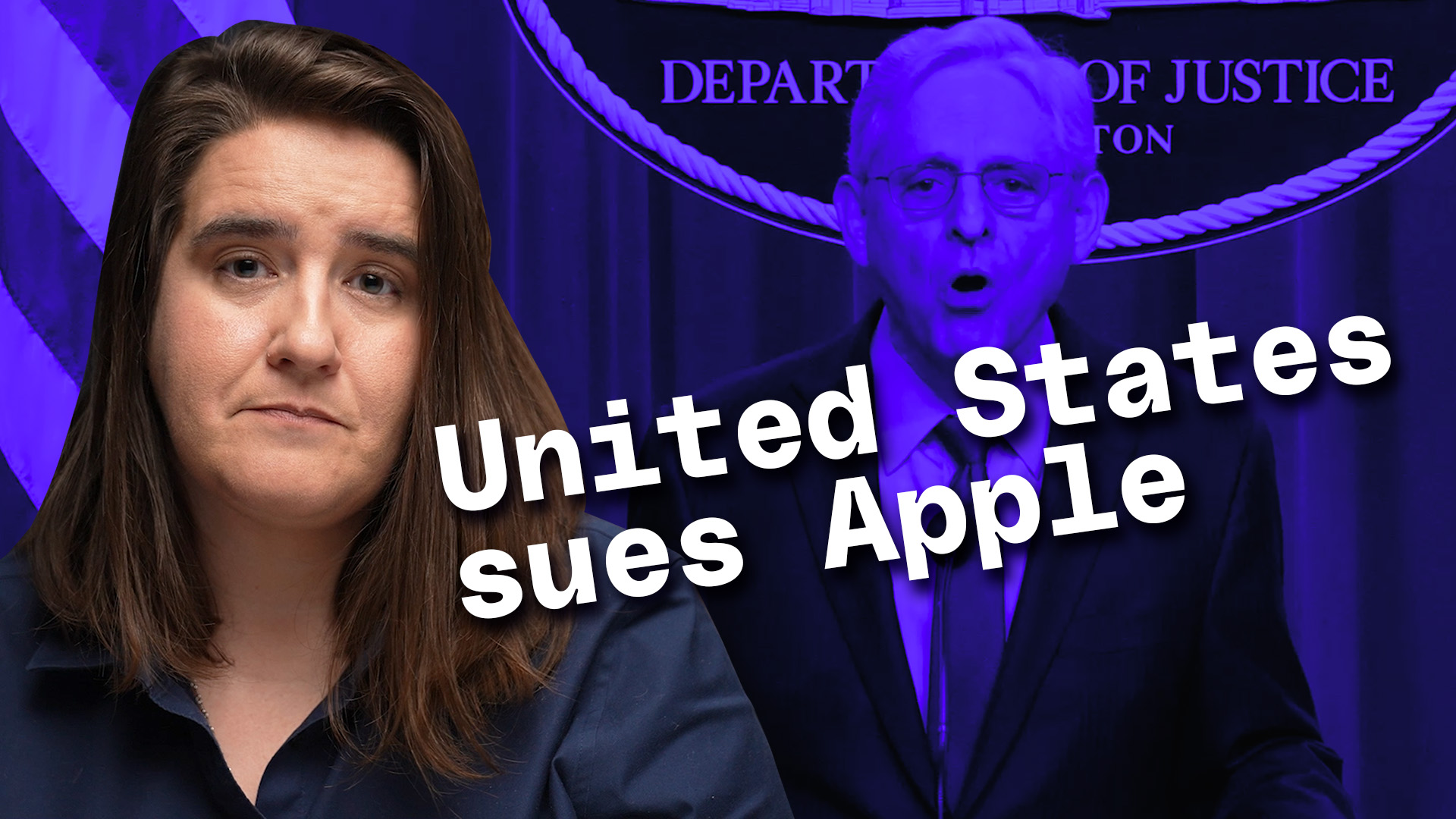In a move that could reshape the smartphone industry, the US Justice Department, alongside more than a dozen states, has launched a significant antitrust lawsuit against Apple. The tech giant stands accused of monopolizing the smartphone market through practices that allegedly violate federal antitrust law. This case marks a pivotal moment in the government’s broader crackdown on the unchecked power of Big Tech, which has dominated the digital landscape for decades.
Attorney General Merrick Garland, speaking at a news conference, outlined the core of the complaint: Apple is said to have maintained its monopoly not by outperforming competitors, but by engaging in illegal activities that breach antitrust regulations. The lawsuit, filed in the US District Court for the District of New Jersey, scrutinizes Apple’s ‘walled-garden’ approach, which critics argue stifles competition and innovation.
Apple’s response to the allegations was swift and firm, denying any wrongdoing and pledging to contest the lawsuit vigorously. The company warned that the legal action could lead to undue government interference in technology design, potentially stifling the creativity that has made Apple’s products so successful.
The lawsuit delves into various aspects of Apple’s business model, including its app store policies, the 30% commission on sales, and the preferential treatment of its products over competitors’. These practices, the DOJ contends, not only harm competitors but also drive up costs for consumers and hinder technological progress.
One of the more contentious points involves the way Apple manages text messaging between iPhone and Android devices. Critics have long argued that Apple’s practices create a ‘class divide’ in messaging, with iPhone-to-iPhone communications being seamless and high-quality, while messages to Android phones are degraded. Although Apple has made some concessions, such as improving the quality of texts to Android phones, the lawsuit suggests these are insufficient.
The case also highlights the broader implications of Apple’s alleged monopoly. If the DOJ’s efforts are successful, the remedies sought could lead to significant changes in how Apple operates. These include allowing greater integration of third-party apps and technologies with the iPhone and preventing Apple from using its contractual terms to maintain its market dominance.
This legal challenge comes on the heels of increased scrutiny from both the US and the European Union. In Europe, Apple has been compelled to open up its tap-to-pay hardware chip to other companies, a move that has yet to be mirrored in the United States.The lawsuit is not just a battle over market practices; it’s a test of the government’s resolve to enforce antitrust laws in the digital age. It also puts the spotlight on Jonathan Kanter, Biden’s top DOJ antitrust official, and his approach to tackling corporate consolidation and anticompetitive behavior.
As the legal proceedings unfold, the tech world watches closely. The outcome could have far-reaching consequences for Apple, potentially altering its business strategies and the very nature of its products. The company’s stock has already felt the impact, with a 3% drop following the announcement of the lawsuit.
This landmark lawsuit against Apple could be a watershed moment for antitrust enforcement in the tech industry. It challenges the practices of a company that has long been revered for its innovation and consumer-friendly products. As the case progresses, it will undoubtedly shape the conversation around competition, consumer choice, and the future of technology.
Related posts:
Apple sued by Biden administration in a landmark antitrust lawsuit
Apple sued in a landmark iPhone monopoly lawsuit
Apple sued by Biden administration over alleged iPhone ‘monopoly power’





